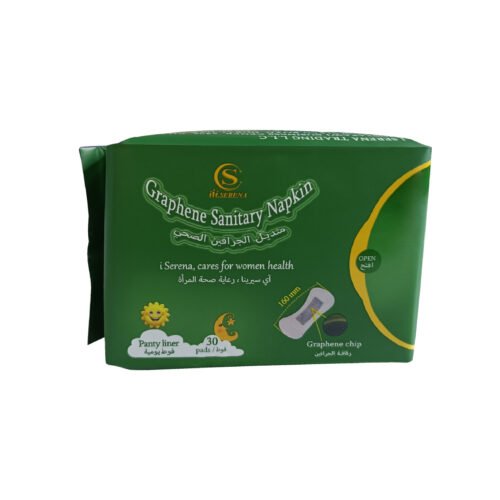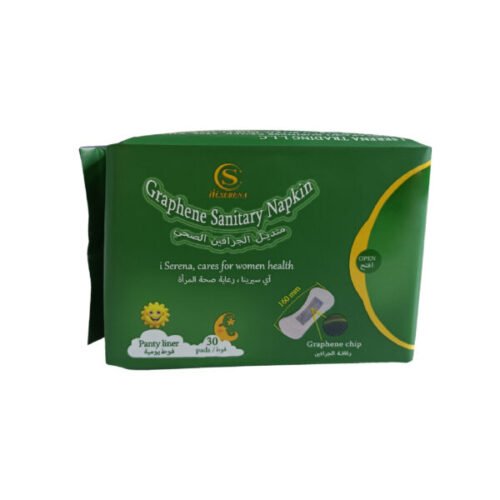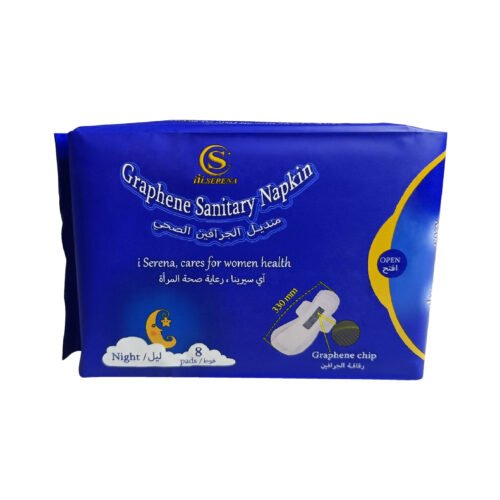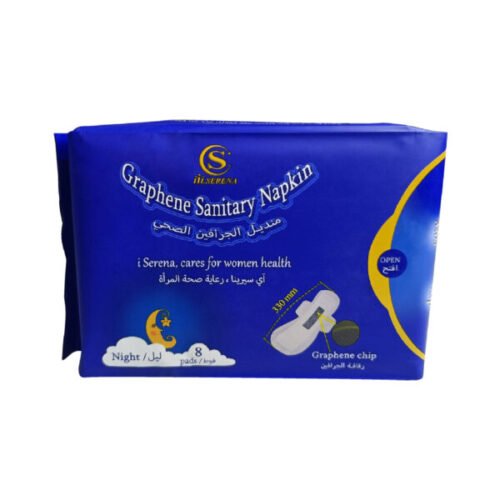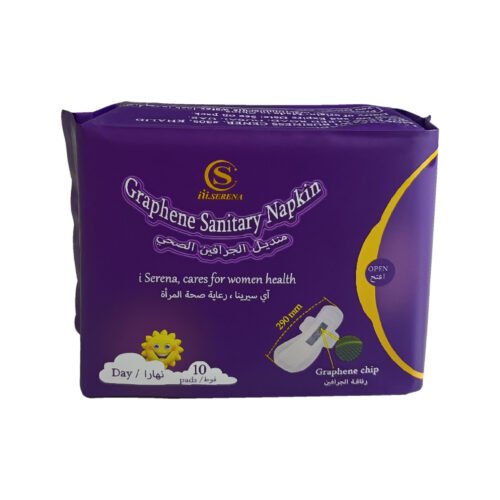The Shocking Truth About Chemicals in Sanitary Pads: PFAS and Your Health
We all rely on sanitary pads during our monthly cycles, but what if we told you that many of them contain chemicals that could be harming your health? This article will shed light on the hidden threat of PFAS (per- and polyfluoroalkyl substances) in sanitary pads and how you can protect yourself.
The Hidden Threat of PFAS
A staggering 48% of sanitary pads, both daily and menstrual, contain PFAS. These chemicals have been linked to a range of serious health issues, including:
- Fertility Problems: PFAS can interfere with hormone balance, potentially impacting fertility and menstrual cycles, similar to the concerns surrounding other chemicals found in some daily sanitary pads.
- High Blood Pressure: During pregnancy, exposure to PFAS can increase the risk of high blood pressure.
- Hormonal Imbalances: PFAS can disrupt hormone production, leading to various health problems.
- High Cholesterol: PFAS have been associated with elevated cholesterol levels.
- Cancer Risk: Some studies suggest a link between PFAS and certain types of cancer.
The Problem with Transparency
Unfortunately, it’s difficult for consumers to know if a product contains PFAS. Manufacturers are not required to list these chemicals on product labels, making it challenging to make informed choices. This lack of transparency makes it crucial to be proactive in protecting your health.
What Can You Do?
- Contact the Manufacturer: Reach out to the company that produces your sanitary pads and inquire about their use of PFAS. Ask for their ingredient list and if they have any certifications for their products.
- Choose Organic: Opt for sanitary pads labeled as 100% organic, as they are more likely to be free of PFAS. This is similar to choosing organic ingredients for your favorite pad thai recipe, prioritizing natural and healthy options.
- Read Labels Carefully: Even if a product claims to be organic, check the ingredients list for any mention of PFAS or other potentially harmful chemicals.
- Consider Reusable Options: Explore reusable cotton pads or menstrual cups for a more sustainable and potentially gentler option. These alternatives are often favored for their eco-friendly approach, similar to the luxurious living experience offered by The Pad Omniyat.
PFAS: A Persistent Problem
PFAS are “forever chemicals,” meaning they don’t break down in the environment and can accumulate in our bodies over time. This makes it even more crucial to minimize our exposure.
Protecting Your Health
By being aware of the potential risks associated with PFAS in sanitary pads, you can take steps to protect your health and make informed choices about the products you use. Just as you’d carefully select a comfortable and safe always pad for your menstrual flow, prioritize your health by choosing natural and safe products for your intimate hygiene.
Note: This information is for general knowledge and should not be considered medical advice. Always consult a healthcare professional for personalized guidance.



